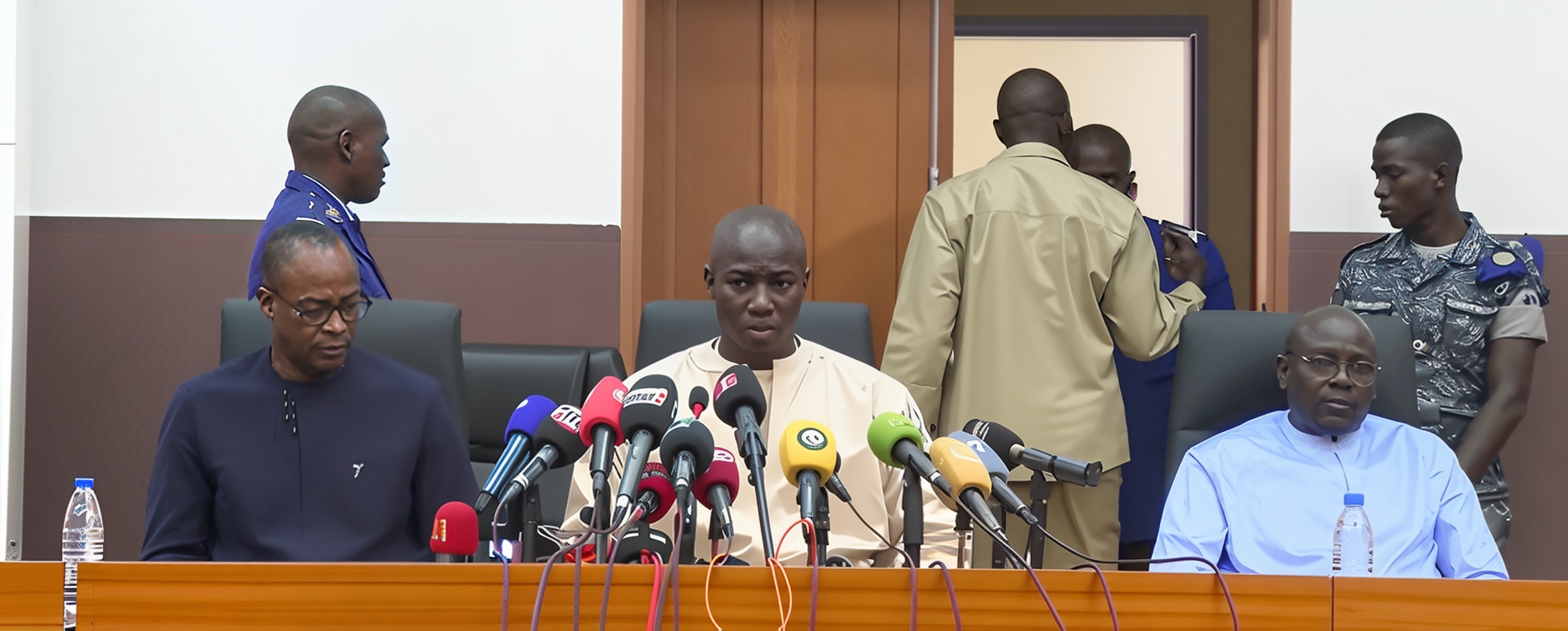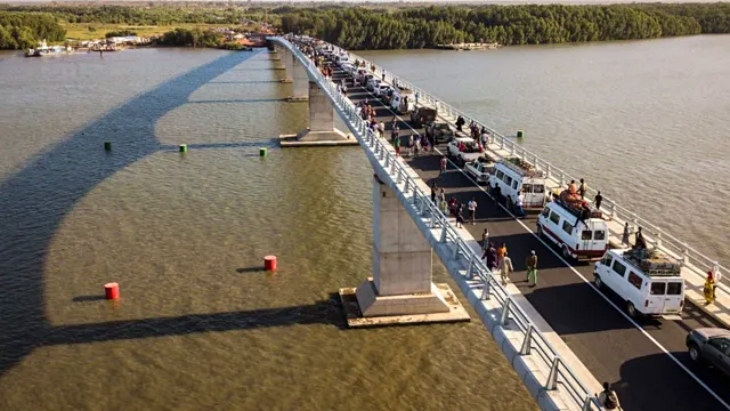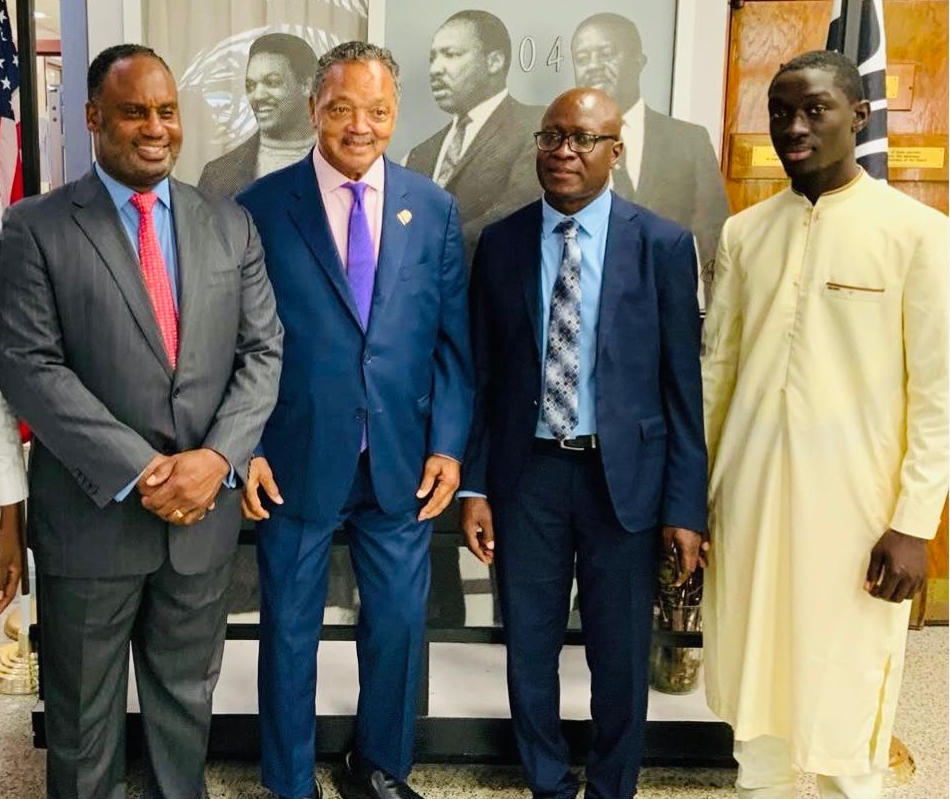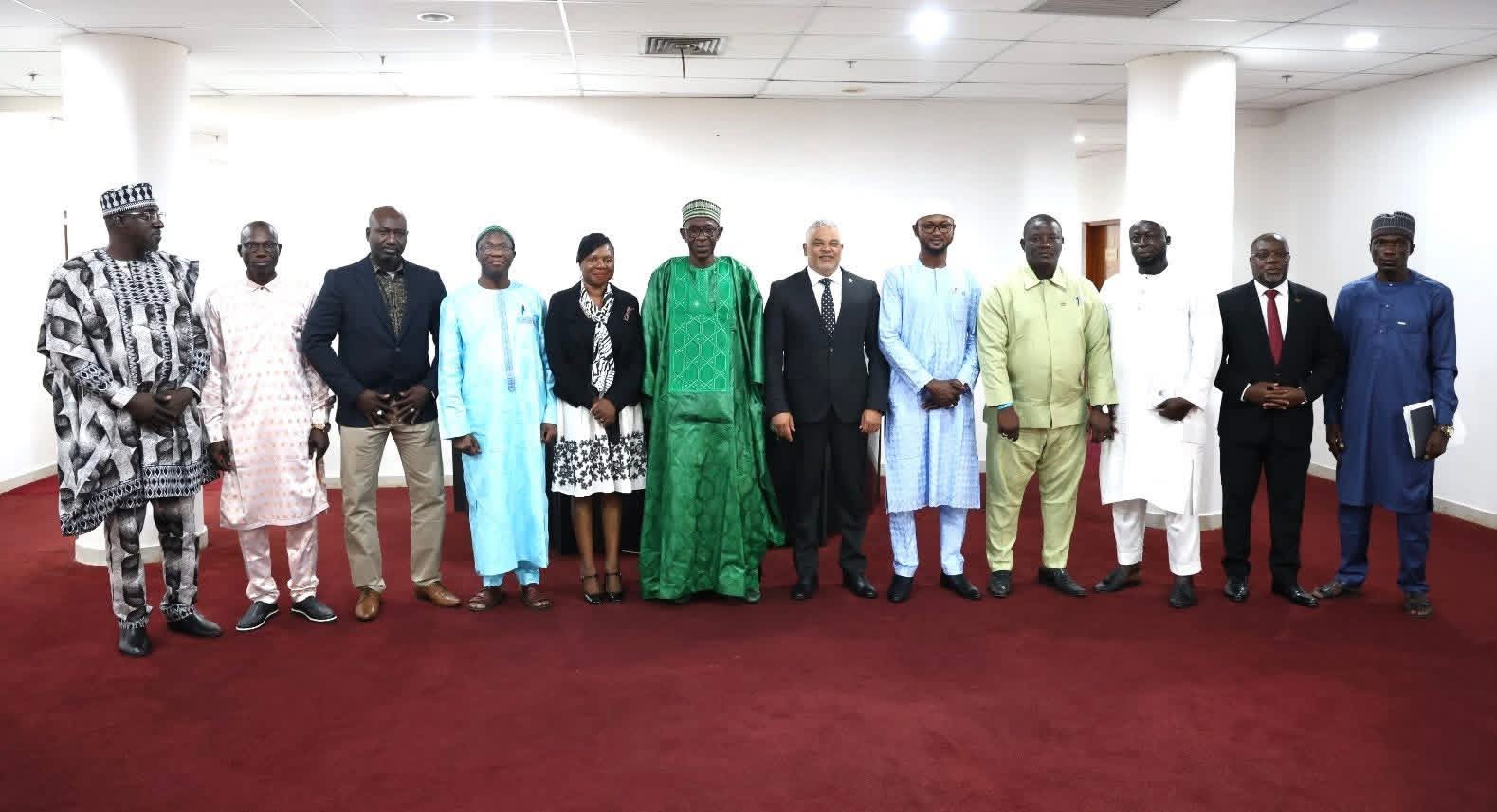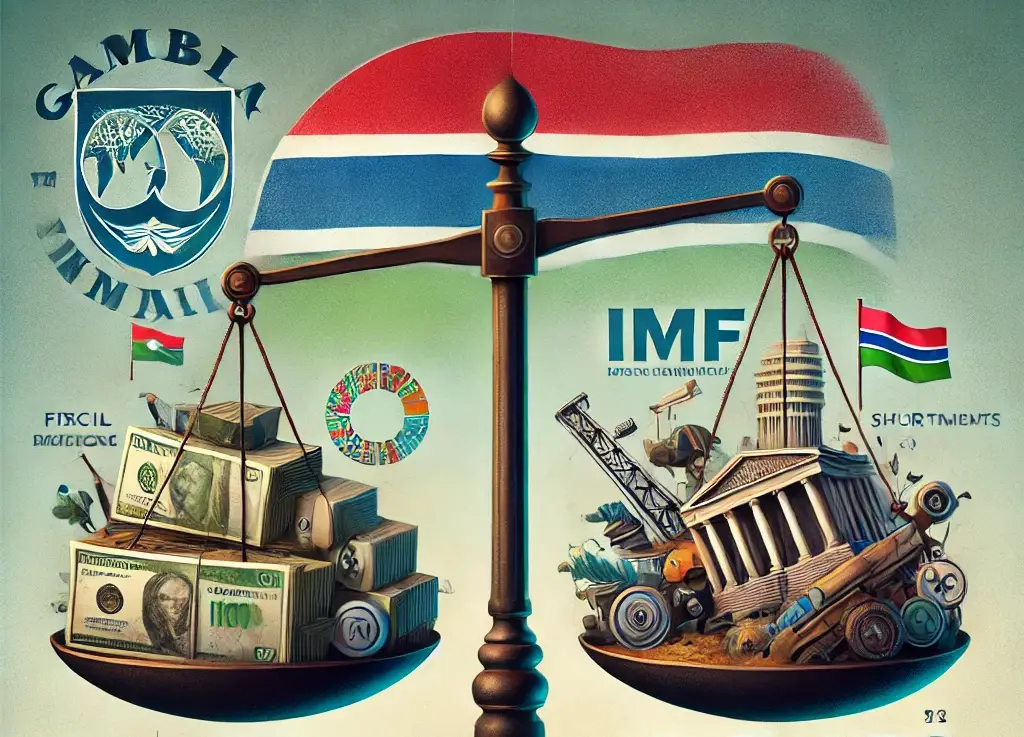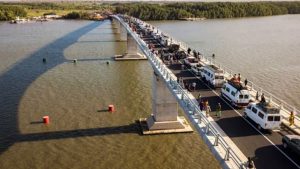Gambiaj.com – (BANJUL, The Gambia) – The International Monetary Fund (IMF) completed its second review of The Gambia’s Extended Credit Facility (ECF) arrangement on Friday, disbursing approximately US$10.8 million to support the country’s financing needs and promote sustainable growth. While the IMF acknowledges progress in the country’s economic recovery and a gradual decrease in inflation, it emphasizes that The Gambia continues to face significant fiscal pressures and structural challenges, leaving it vulnerable to global economic shocks.
Despite these ongoing challenges, the IMF’s review highlighted the country’s fiscal shortfalls, which have been exacerbated by spending on the Organization of Islamic Cooperation (OIC) Summit and emergency support to the National Water and Electricity Company (NAWEC).
These expenditures have strained The Gambia’s fiscal balances, delaying the implementation of key reforms and undermining progress toward broader economic stability.
Deputy Managing Director Bo Li underlined the importance of continued fiscal consolidation to mitigate risks and improve public financial management. “To create space for priority spending, The Gambia must focus on fiscal consolidation, finalize the Domestic Revenue Mobilization Strategy, and reduce reliance on costly financing,” Li stated.
The IMF also recommended structural improvements to public expenditure, ensuring that social services and capital investments for growth remain a priority.
Therefore, the central bank is advised to maintain a market-driven exchange rate and cease financial support to public entities to mitigate balance sheet risks.
The IMF’s concerns also extend to the business climate in The Gambia, which was rated among the lowest-performing economies in the inaugural Business Ready 2024 (B-READY) report. Structural reforms aimed at enhancing governance and boosting the private sector are essential for fostering job creation and economic diversification. The IMF also called for climate-related policy actions to build resilience against climate risks.
In the wake of these challenges, The Gambia must prioritize improving fiscal discipline and the performance of state-owned enterprises to contain fiscal risks. The IMF further emphasized the need for greater transparency and accountability in public financial management to safeguard macroeconomic stability and debt sustainability.
As The Gambia continues to navigate fiscal pressures and slow reform implementation, the country faces a critical juncture in its efforts to build a robust, sustainable economy in the face of global economic uncertainties. The path forward demands steadfast commitment to fiscal consolidation and structural reforms to ensure long-term economic growth and resilience.



